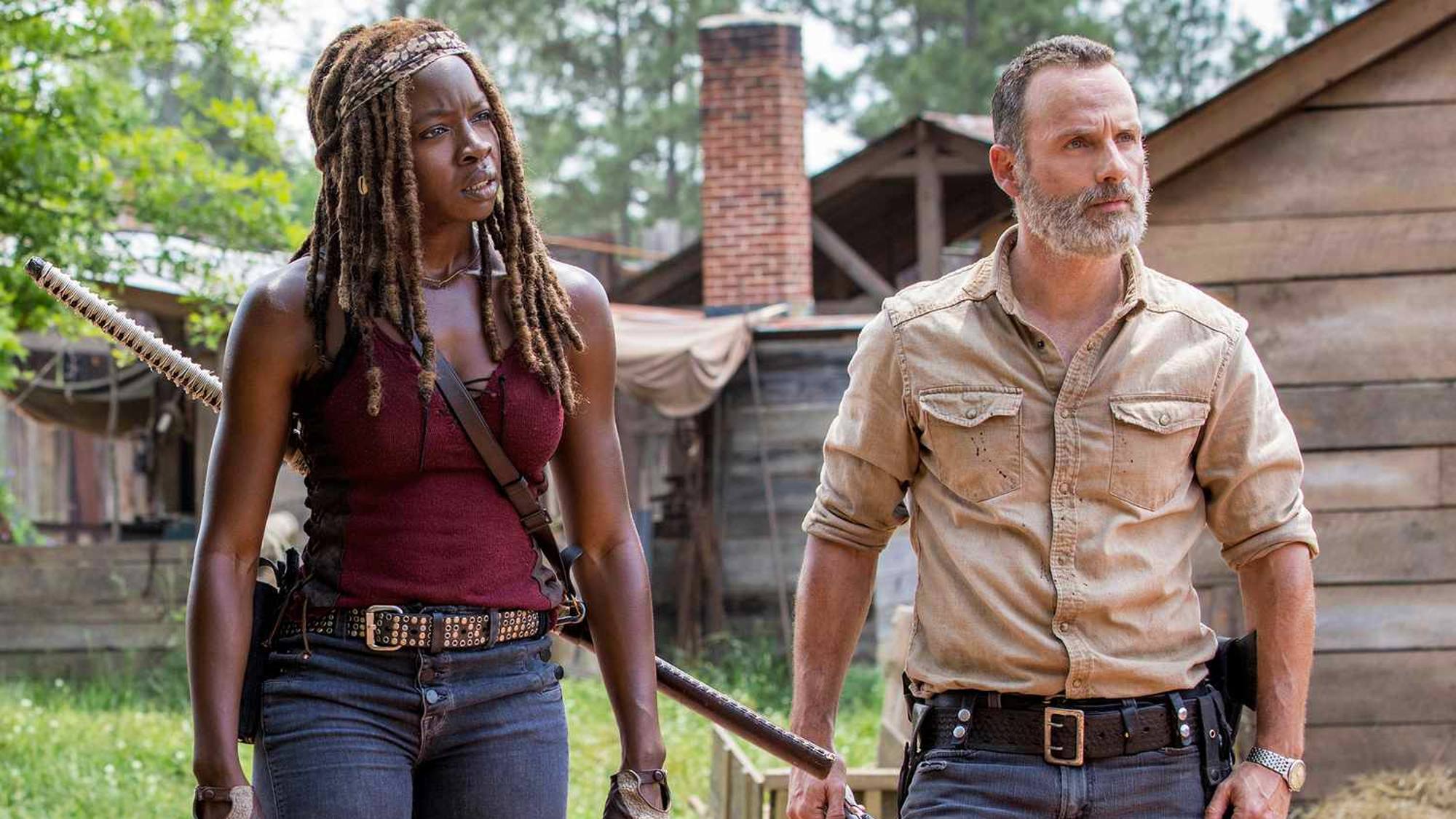
I’ll never be able to count on two hands just how many times I’ve said “'The Walking Dead' is my favorite show ever.” And I’ll keep saying that for the rest of my life, because nothing will ever top such a TV masterpiece. You don't need to say it — the show did decline over the years (a common opinion among many fans), but the first few seasons still make this apocalyptic drama one of the best.
As a huge lover of this franchise, I do have favorite episodes and specific scenes that still pop into my mind on a random day. Each season focused on something different, and it gradually got darker the more time that passed in the apocalypse. Of course, I can sit here and write so many good things about “The Walking Dead," but I have to admit, there are some pretty bad episodes.
More episodes make for a harder time choosing the best and worst, but with the help of Rotten Tomatoes and my own opinion, I’ve managed to narrow it down. So what better way to pay homage to this horror drama by highlighting its best and worst episodes of every season? Let's get into it.
For more on this series, check out the best shows like "The Walking Dead" and the 7 best "Walking Dead" spinoffs ranked.

Season 1
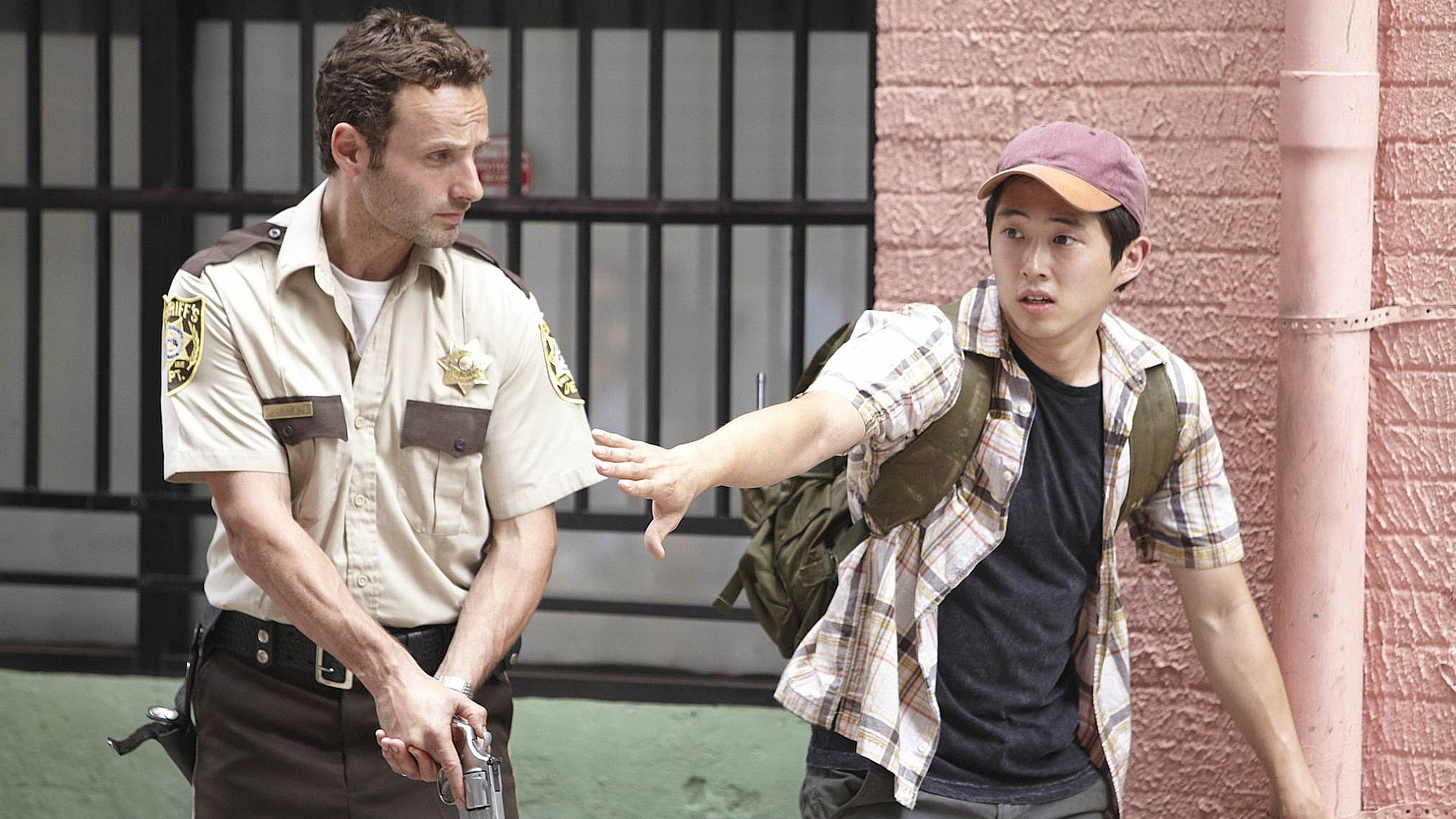
I think it’s obvious that the very first episode of the entire show has to be the best. Episode 1, titled “Days Gone Bye”, is an absolute classic and still remains an incredibly effective pilot for such a successful show. We’re first introduced to the main character Rick Grimes (Andrew Lincoln) as he awakens from a coma in a seemingly abandoned hospital, only to discover that the world has ended. He sets out on a mission to find his family, and he meets Morgan (Lennie James) and his son Duane (Adrian Kali Turner) along the way. With a perfect score of 100% on Rotten Tomatoes, I think this episode deserves the award.
Now I have to say, it was hard choosing the worst episode because this season is just so damn good. But after some thought, episode 2 (“Guts”) takes the punch for the most clunky/cliché dialogue, and it’s actually the lowest-rated of the season. After Rick meets a group of survivors, they find themselves trapped in a department store and must escape. He also learns that humans can be more dangerous than the undead, which is something the show continues to focus on in the following seasons.
Season 2
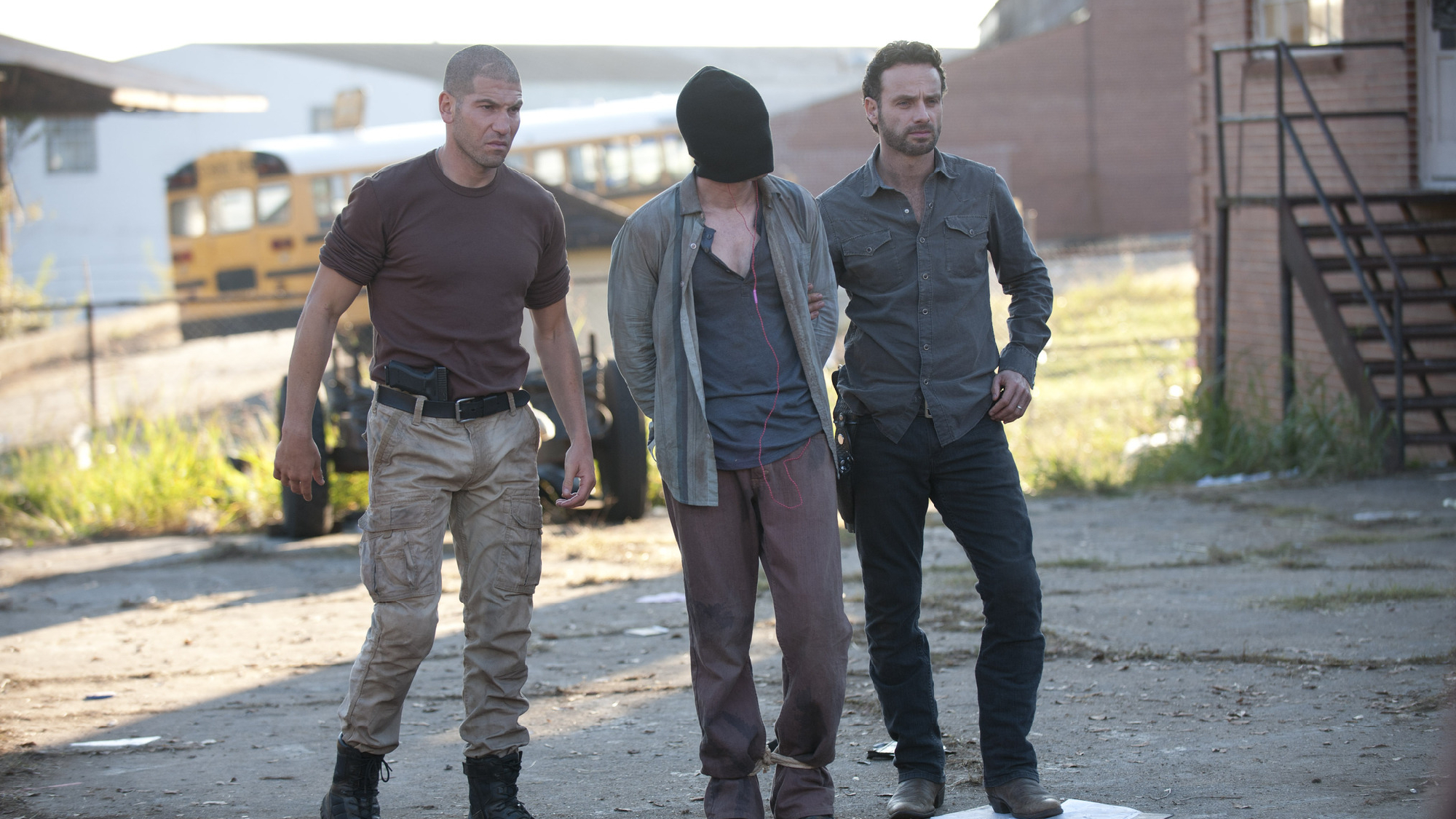
The winner for season 2 is the twelfth episode “Better Angels," which holds an incredible amount of tension and angst. After Dale’s (Jeffrey DeMunn) funeral, the group discovers that a “dangerous” man could be roaming the farm. Rick, Shane (Jon Bernthal), Daryl (Norman Reedus) and Glenn (Steven Yeun) search the woods at night, only to discover that the threat is dead since Shane secretly killed him. It was part of Shane’s plan to lure Rick into the field and murder him (all because he wants Rick’s wife and child to himself).
“Chupacabra”, episode 5, is probably the worst just for the lack of character development. We do see more of Daryl Dixon as he continues to search for a missing girl, along with some hallucinations of his missing brother, but there’s just too much going on in the episode. Rick’s wife Lori (Sarah Wayne Callies) ends up being pregnant, Glenn and his new love interest Maggie (Lauren Cohan) are somewhat bickering already and Andrea (Laurie Holden) continues to be an awfully boring character.
Season 3
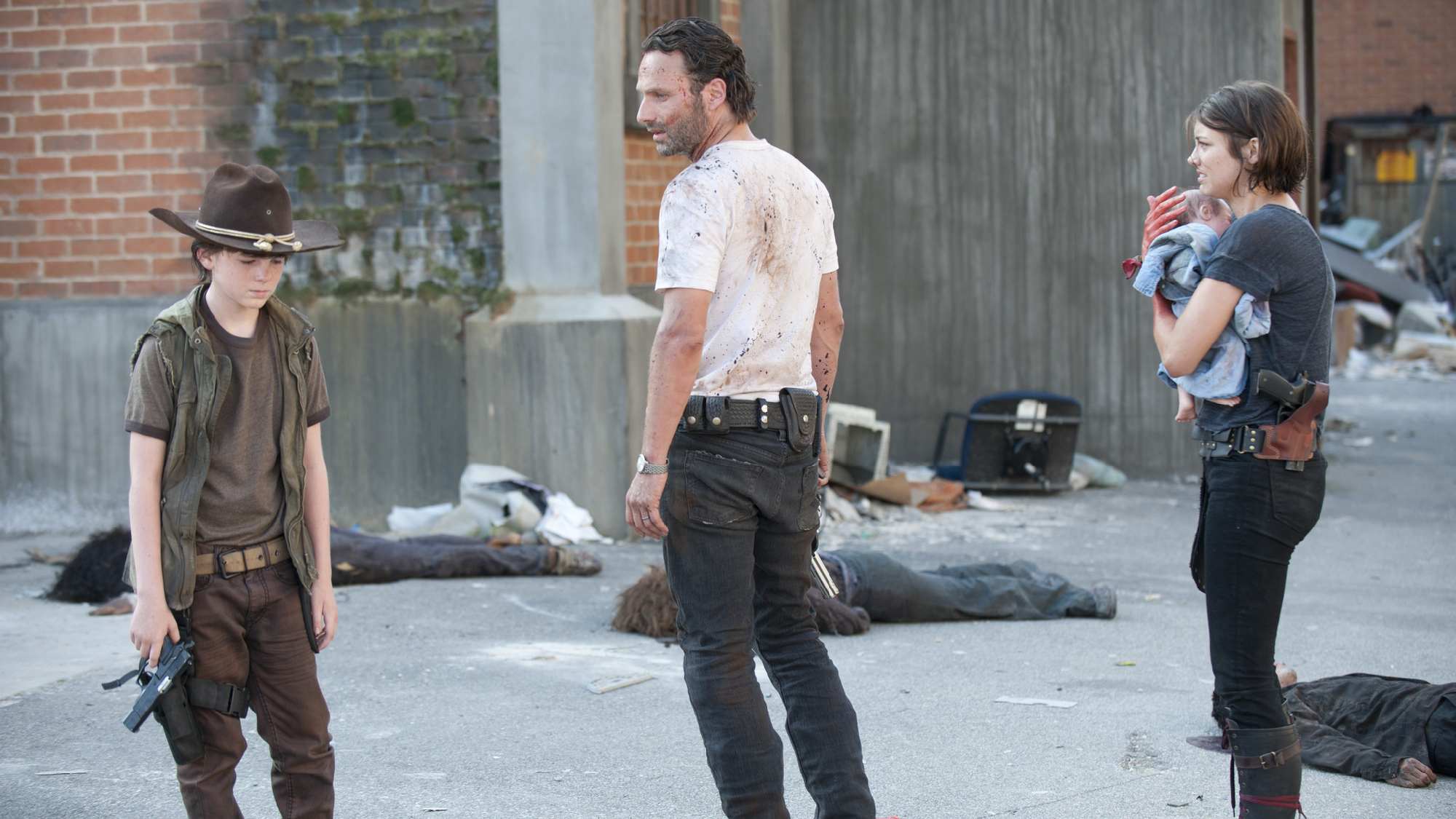
Now with 16 episodes to choose from, it’s getting harder to rank the best and worst, especially since season 3 is so good. But episode 5, titled “Say the Word," stands out to me as a really powerful piece of storytelling. After Lori dies during childbirth, Rick goes on a walker killing spree in the hallways of a prison and eventually starts to hallucinate. It’s definitely a quiet episode in terms of action, but it took a really deep dive into grief and trauma.
It might come as a surprise, but the finale of season 3 has to be the worst. “Welcome to the Tombs”, episode 16, doesn’t do what it’s supposed to do for a season wrap-up. It doesn’t end with a bang, nor does it continue with any character development to prepare for season 4. Most of the episode revolves around the pressure Rick faces as the Governor's (David Morrissey) attack looms over their heads. There is plenty of action and gore, but that doesn’t make up for an empty narrative with no proper resolution.
Season 4
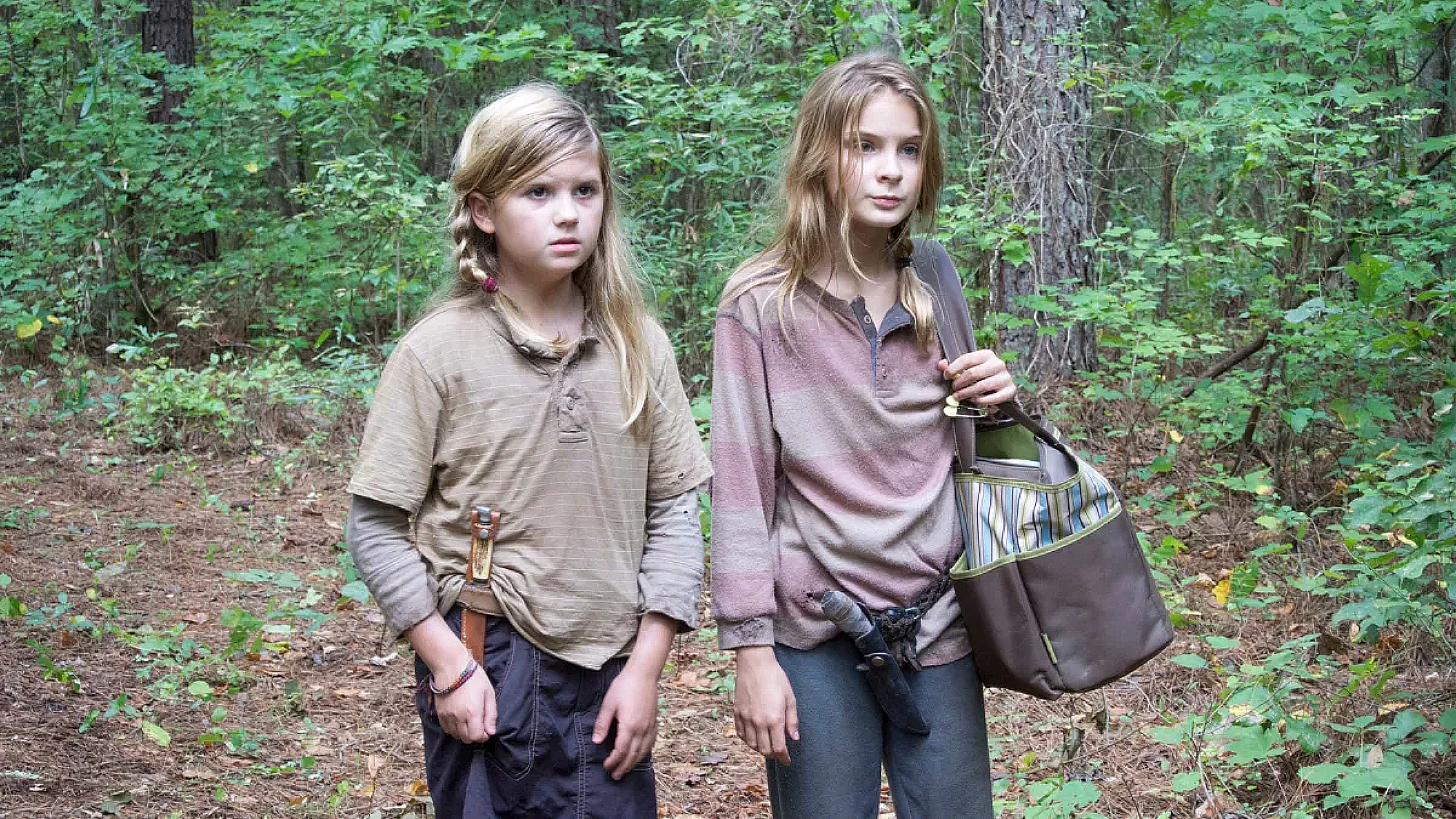
One of my favorite episodes out of the entire show has to be No. 14 in season 4 — “The Grove." It’s an incredibly haunting masterpiece that stays with you long after you watch it. This episode follows Carol (Melissa McBride) and Tyreese (Chad Coleman) and their journey with two young sisters, Lizzie (Brighton Sharbino) and Mika (Kyla Kenedy), after the downfall of the prison. It’s revealed that Lizzie has a severe mental illness that leads her to believe walkers are actually "alive" and can talk. Her lack of understanding about the apocalypse causes her to do several dark things that shocked audiences, including me, when the episode first aired.
“Dead Weight” (episode 7) is the weakest of the season. It’s one of those episodes that feel incredibly slow and boring, to the point you’d feel encouraged to skip it entirely. Seeing another side to the Governor is an interesting part of season 4, but sadly, he doesn't have any real chemistry with the new characters he meets. Instead, he’s too focused on making his next move to destroy the prison and everyone within it.
Season 5
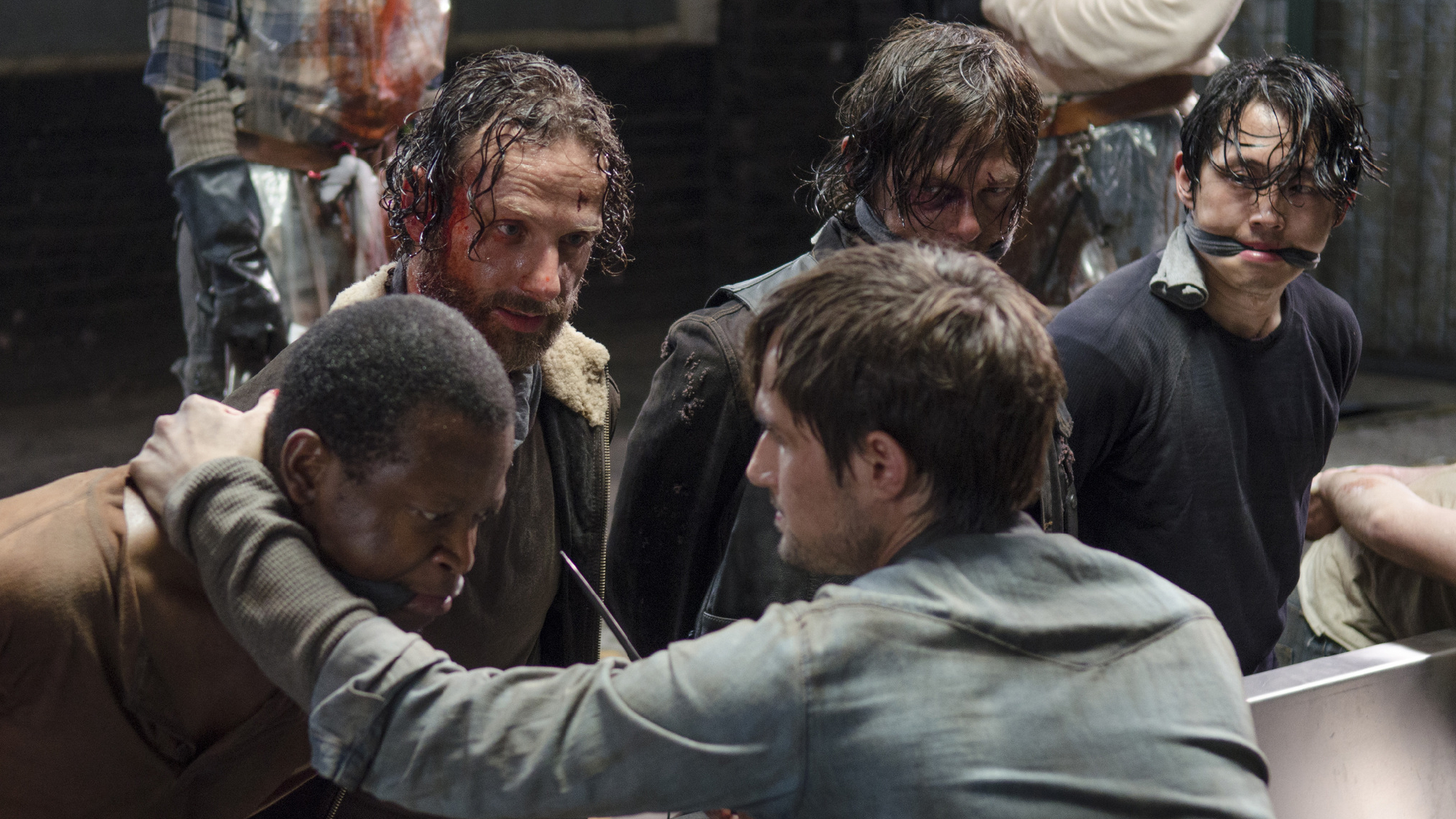
The first episode “No Sanctuary” is definitely among the best-rated episodes. It follows the group of survivors as they’re trapped in a train car in a place called Terminus, a community full of cannibals. This episode builds suspense perfectly and gives more insight into why these cannibals became so savage in the first place. Plus, it wouldn’t be “The Walking Dead” without some intense fighting scenes and gore.
Sadly, we do have another slow and boring episode, and that’s “Them” (No. 10). After overcoming their enemies, the group now has to find another safe haven, but most of the episode involves them walking down a road slowly and talking about nothing important to fill the silence. This entire episode could have been cut down to 10 minutes, as the writers essentially spoon-fed us the plot: “Everyone's sad, thirsty and hungry.”
Season 6
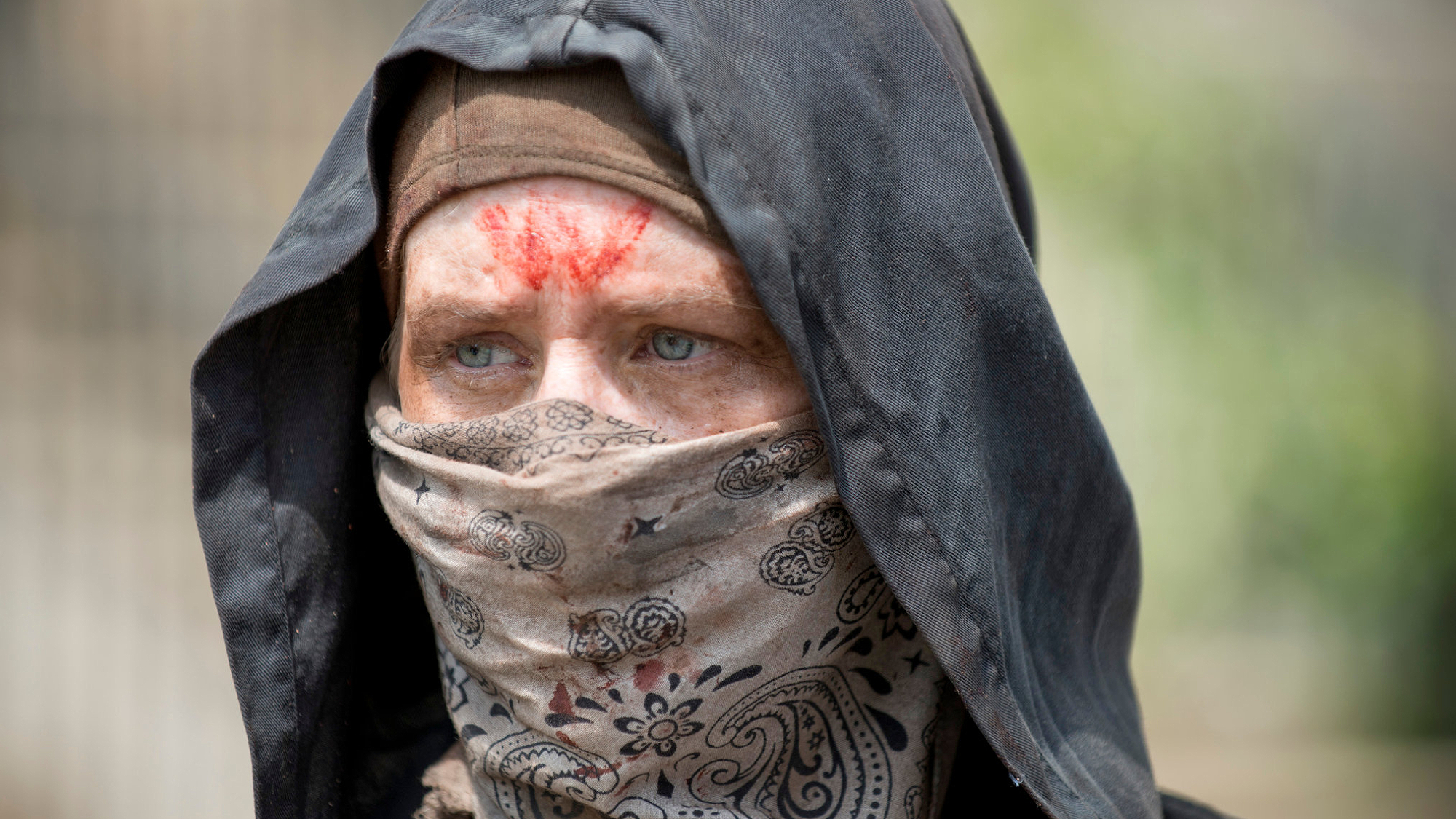
Season 6 is where the show gradually starts to decline, unfortunately, but it’s still worth binge-watching to the end. The best episode in this season has to be No. 6, titled “JSS”, as it packs in a bunch of great moments. Now that the group has found a safe place in the community of Alexandria, things start to take a turn (obviously, this is “The Walking Dead”). We learn more about one of the community members, Enid (Katelyn Nacon), through a morbid flashback and witness a huge attack with new enemies called the Wolves. It’s a genuine bloodbath that actually makes you feel bad for the characters.
Episode 8 is perhaps one of the messiest episodes in the series. “Start to Finish” felt incomplete rather than suspenseful, and with it being a mid-season finale, you wouldn’t expect it to be a dud. The only exciting thing to happen was the herd of walkers making their way through Alexandria, with the residents forming a plan to escape safely. Other than that, it didn’t really move the story forward or raise the stakes for any important character.
Season 7
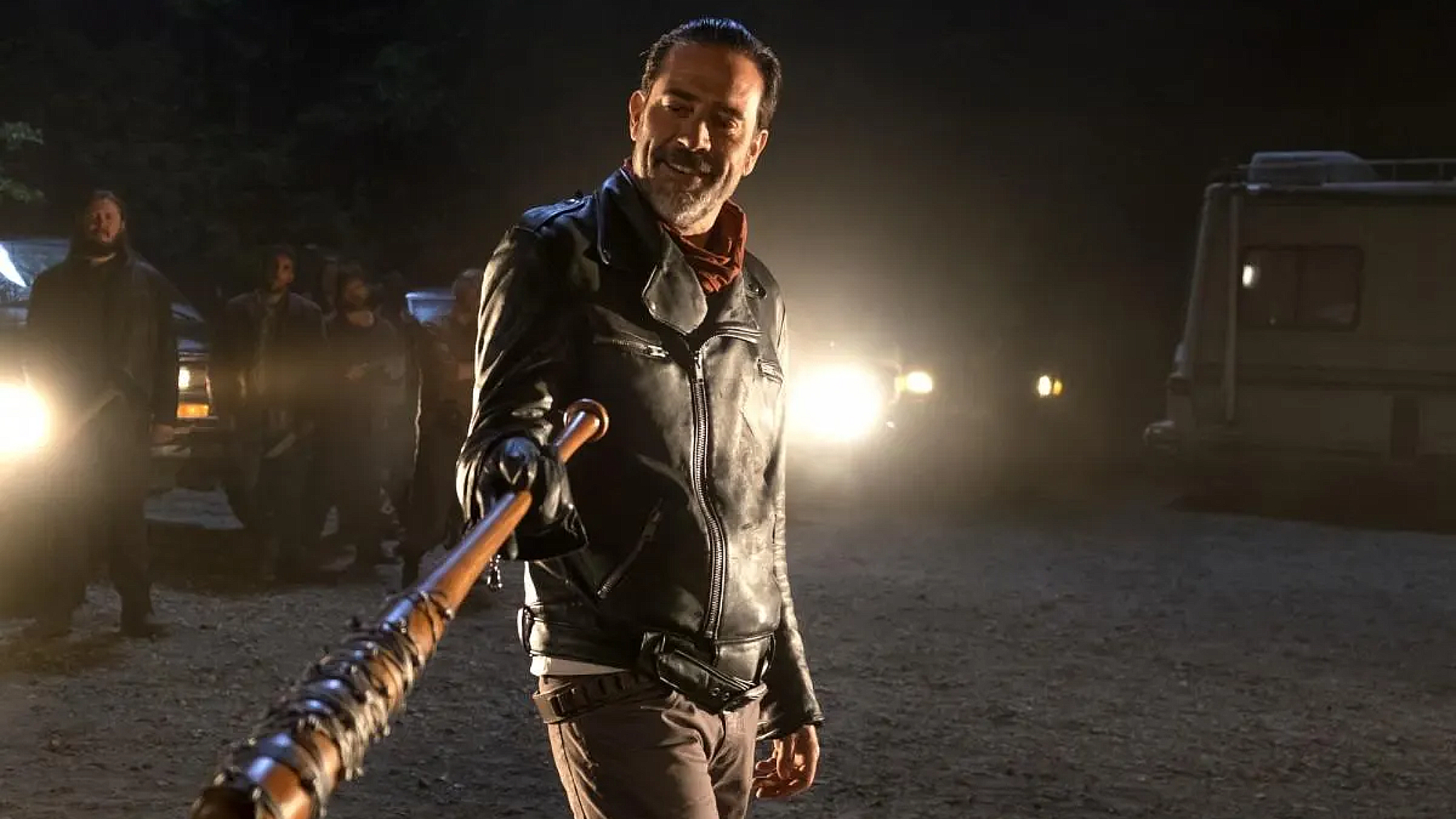
If I had to name one of the most traumatizing episodes in this show, it would probably be episode 1 in season 7 — “The Day Will Come When You Won't Be”. The build-up to the season premiere was so intense that I remember feeling sick watching it. This episode takes place immediately after season 6’s finale, and it shows Rick and the group kneeling in front of their new enemy, Negan (Jeffrey Dean Morgan), as he chooses who to kill with his spiked baseball bat. Who he chooses in the end still haunts fans to this day.
“Service” (episode 4) doesn't really do much to expand the characters, especially Negan. He spends most of the time trotting around the community making jokes and claiming things as his (even though we all love his character). While the remaining survivors of the Alexandria group try to keep it together back home, they receive a sobering visit from Negan, but this brief conflict doesn’t need to be so long.
Season 8
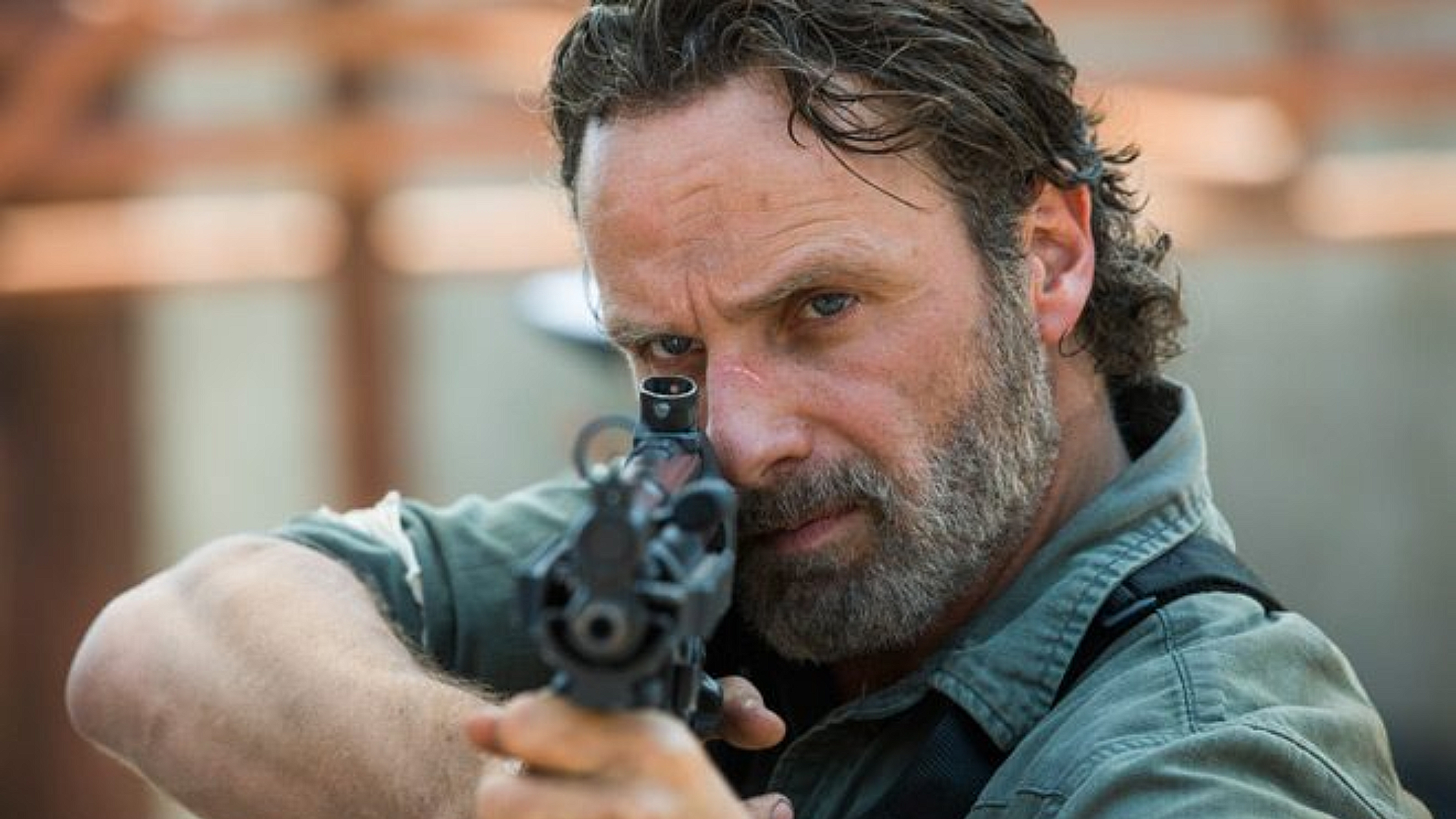
Starting with another strong first episode is season 8. “Mercy” does get off to a slow start, but as soon as the war starts, audiences are instantly hooked. It follows Rick and his group, along with other peaceful communities called the Kingdom and Hilltop, as they join forces to fight against Negan. Conflict continues to rise as they suit up in armor, set traps outside their communities and guide a walker herd right to Negan’s doorstep.
When it comes to episode 6, titled “The King, the Widow, and Rick”, the show begins to feel disjointed. It’s a genuine drag to sit through, and it often repeats moments that earlier episodes already covered. Rick believes things are finally looking up for the group, but after an argument breaks out at the Hilltop community, they now face the consequences of life versus death.
Season 9
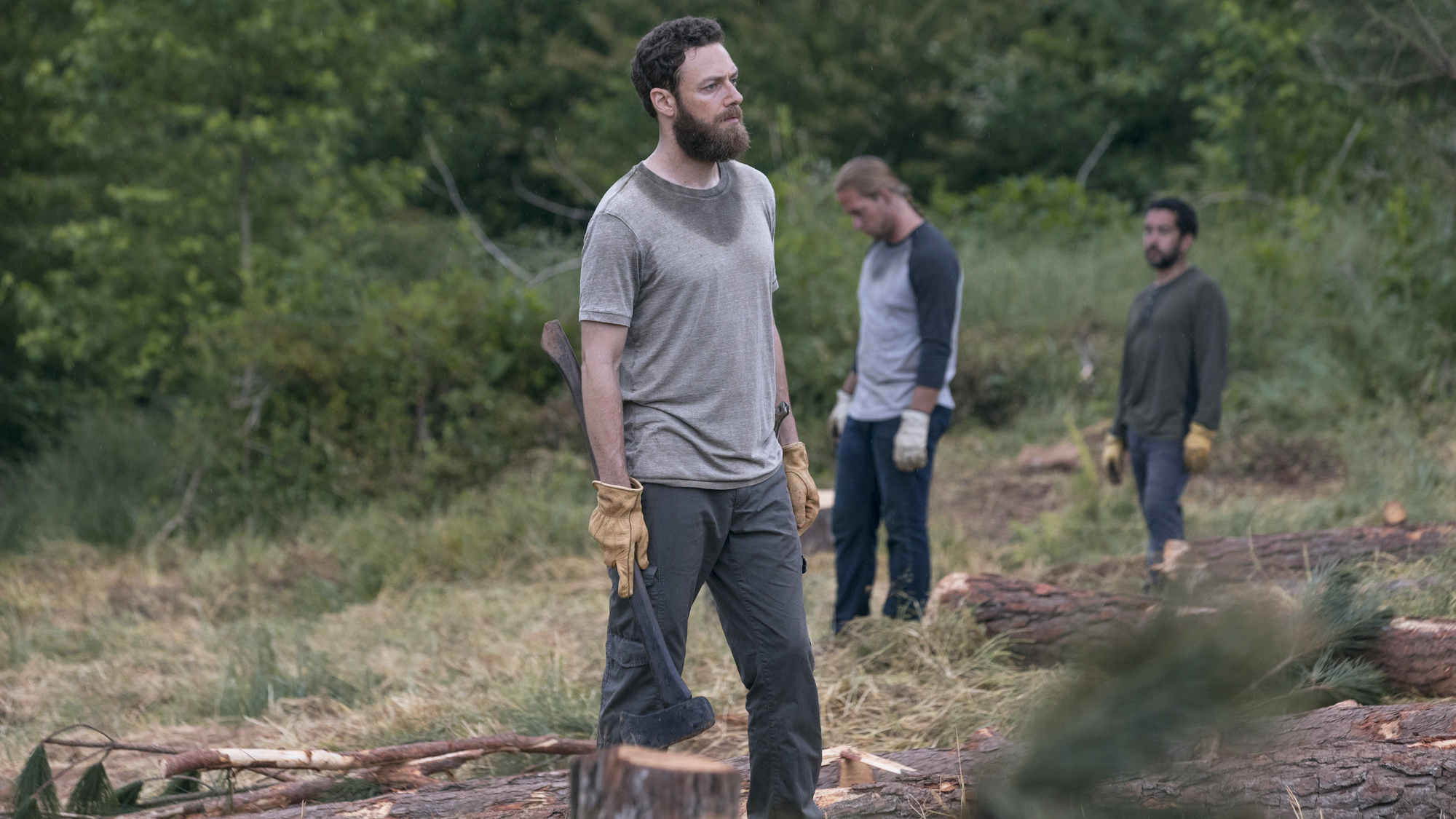
The ninth episode “The Bridge” racks up the tension for the entire season, and it does this by putting some of the main characters in actual danger. All of the friendly communities band together to restore a bridge that will help with communication and trade. However, someone is badly injured during this process, and we also have a little mystery on our hands. Justin (Zach McGowan), one of the community members, goes into the woods and sees something surprising. His discovery leads him to go missing, and the group later finds his body.
Midway through season 9 in episode 5 (“What Comes After”), we start to experience the familiar “when are they going to change things up?” dilemma again. This is also the moment Rick is seemingly killed off (we don’t see him again in the main show), so you’d think it would be a strong episode. Unfortunately, the only good parts about this episode are the flashbacks to previous seasons, since Rick didn’t really have the best send-off.
Season 10
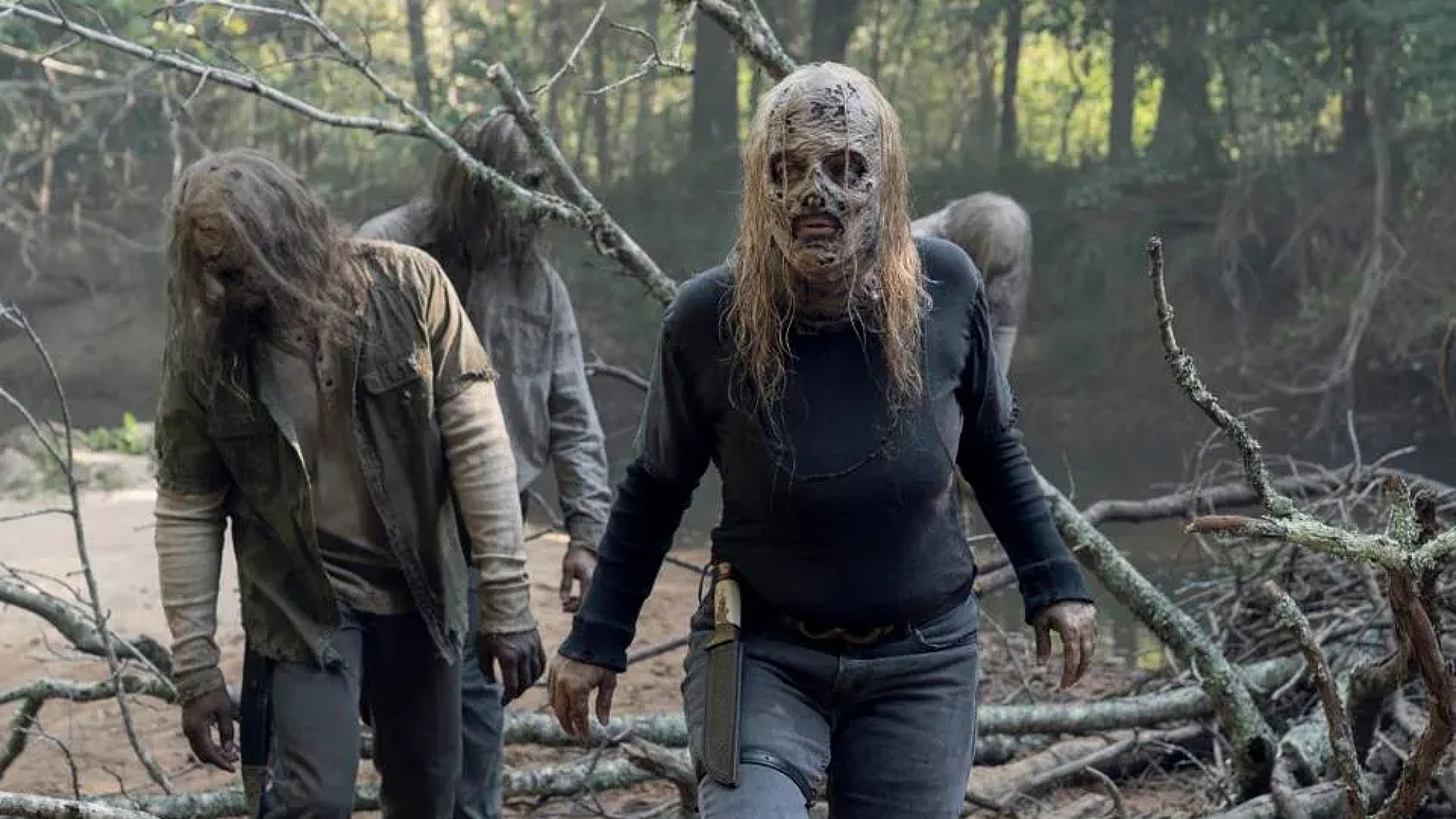
The tenth episode of the tenth season is everything horror TV should be, just because it includes great story development, intense action and some eerie and disturbing visuals. “Stalker” sees the group defending Alexandria against an incredibly dangerous threat known as the Whisperers. These are hostile survivors who wear the skin of the undead to disguise themselves, and we get a closer look at them from within their group. Everything about them is just so unnerving that watching this episode will keep you on the edge of your seat.
Now, I'm pained to say, we come to one of the most boring episodes in “The Walking Dead." Episode 21, “Diverged”, follows Daryl and Carol as they navigate a downfall in their friendship. Carol returns to Alexandria, while Daryl stays on the road, and we see them each go into their own type of survival mode. This penultimate episode felt pointless and dragged out, and it didn’t contribute to the overall story whatsoever.
Season 11
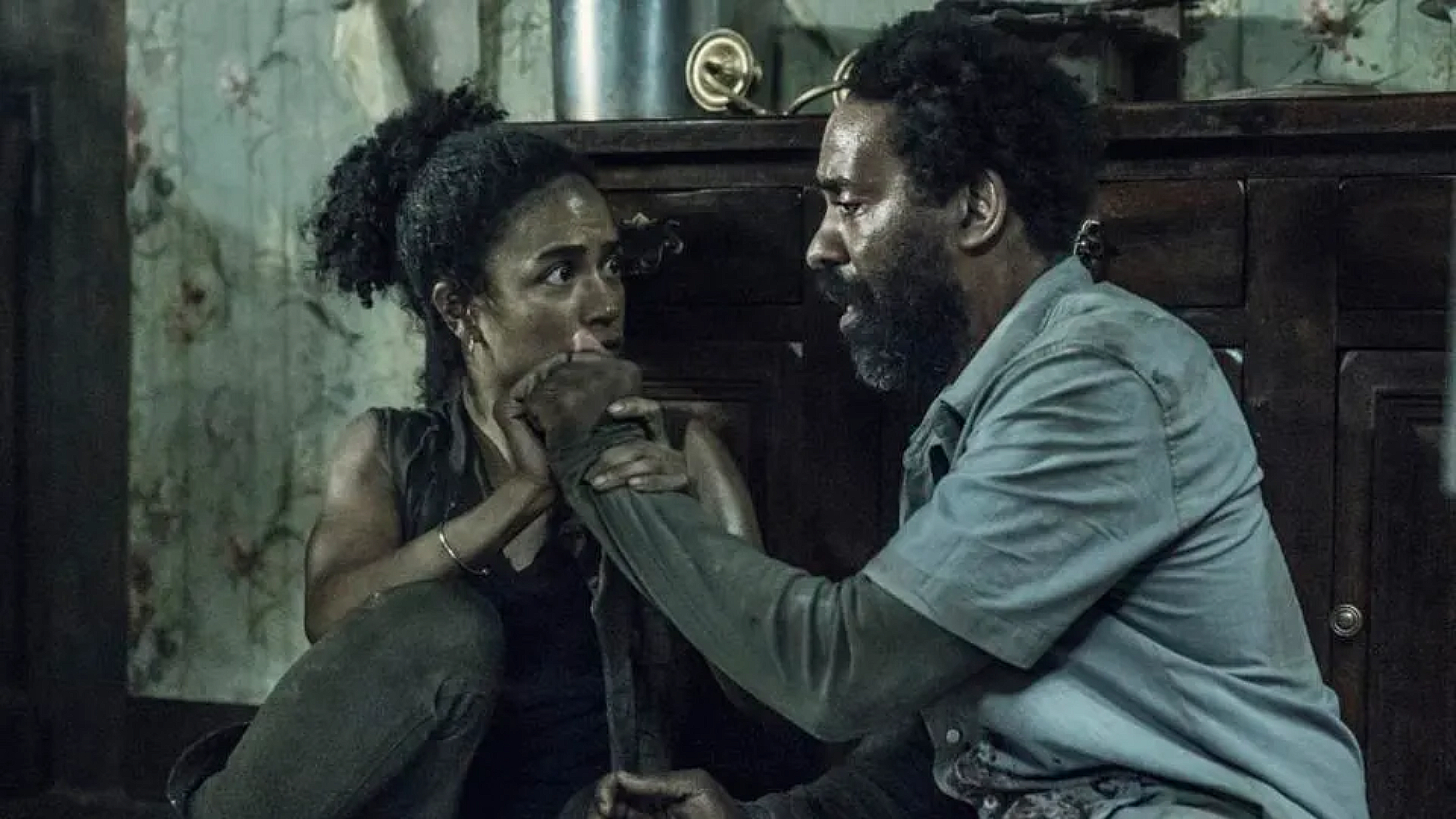
Finally, we have one of the best installments of “Walking Dead” history ever, and that’s season 11 episode 6. With the last few seasons going a bit downhill, this episode turns out to be the scariest I’ve seen, and it manages to revive the franchise on its own. “On the Inside” follows Connie (Lauren Ridloff) and Virgil (Kevin Carroll) as they hide in a house occupied by mysterious creatures. But they aren’t actually creatures or variants — they’re just people. And those people are young teens who have turned feral after growing up alone in the apocalypse. It’s interesting to see this from Connie’s perspective too since she’s deaf, meaning she has limited senses when it comes to escaping the house safely.
Episode 3, "Hunted", is definitely one of those filler episodes that make you want to fall asleep. It’s not exactly terrible, but the narrative starts to feel a little repetitive, and I definitely forgot about everything that happened once it finished (because it was dull). This episode follows Maggie and her team as they get hunted by a new threat called the Reapers. Carol, Rosita (Christian Serratos), Magna (Nadia Hilker) and Kelly (Angel Theory) attempt to catch horses for Alexandria, while the children in the community find comfort in one another with their parents being away.







